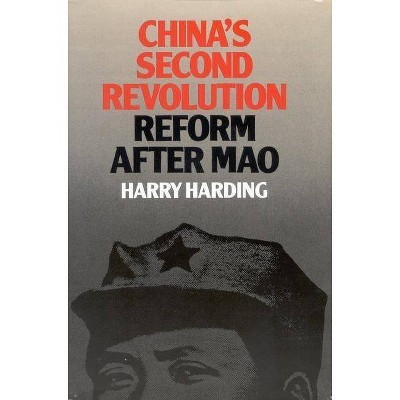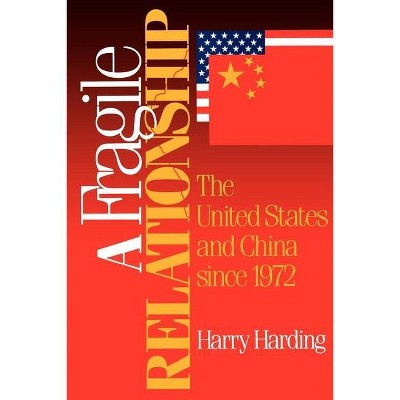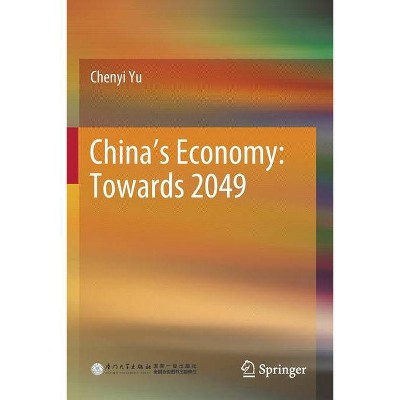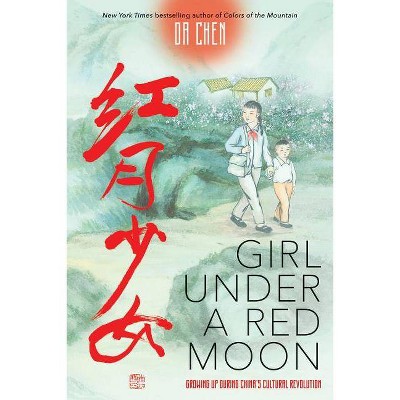China's Second Revolution - by Harry Harding (Paperback)

Similar Products
Products of same category from the store
AllProduct info
<p/><br></br><p><b> About the Book </b></p></br></br><p>China has, since 1976, been enmeshed in an extraordinary program of renewal and reform. The obvious changes--the T-shirts, blue jeans, makeup and jewelry worn by Chinese youth; the disco music blaring from radios and loudspeakers on Chinese streets; the television antennas mushrooming from both urban apartment complexes and suburban peasant housing; the bustling free markets selling meat, vegetables and clothing in China's major cities--reflect a fundamental shift in the government's policy toward the economy and political life.</p> <p>Although doubts about the long-term commitment to reform arose after the student protests in December 1986 and the dismissal of Party General Secretary Hu Yaobang in January 1987, the scope of reform has been so broad and the pace of change so rapid, that the post-Mao era fully warrants Den Xiaoping's description of it as the second revolution undertaken by the Chinese Communist Party.</p><p/><br></br><p><b> Book Synopsis </b></p></br></br><p>China has, since 1976, been enmeshed in an extraordinary program of renewal and reform. The obvious changes--the T-shirts, blue jeans, makeup and jewelry worn by Chinese youth; the disco music blaring from radios and loudspeakers on Chinese streets; the television antennas mushrooming from both urban apartment complexes and suburban peasant housing; the bustling free markets selling meat, vegetables and clothing in China's major cities--reflect a fundamental shift in the government's policy toward the economy and political life.</p> <p>Although doubts about the long-term commitment to reform arose after the student protests in December 1986 and the dismissal of Party General Secretary Hu Yaobang in January 1987, the scope of reform has been so broad and the pace of change so rapid, that the post-Mao era fully warrants Den Xiaoping's description of it as the second revolution undertaken by the Chinese Communist Party.</p><p/><br></br><p><b> From the Back Cover </b></p></br></br>China has, since 1976, been enmeshed in an extraordinary program of renewal and reform. The obvious changes-- the T-shirts, blue jeans, makeup, and jewelry worn by Chinese youth; the disco music blaring form radios and loudspeakers on Chinese Streets; the televisor antennas mushrooming form the urban apartment complexes and suburban peasant housing; the bustling free markets selling meat, vegatabels, and clothing in Chin's major cities-- reflect a fundamental shift in the government's policy toward the economy and political life.<p/><br></br><p><b> About the Author </b></p></br></br><p> <b>Harry Harding</b>, a senior fellow in the Foreign Policy Studies program at Brookings since 1983, has written several books on China, including <i>Organizing China</i>, the 1986 recipient of the Masayoshi Ohira Memorial Prize. He is coeditor with B
Price History
Price Archive shows prices from various stores, lets you see history and find the cheapest. There is no actual sale on the website. For all support, inquiry and suggestion messagescommunication@pricearchive.us




















